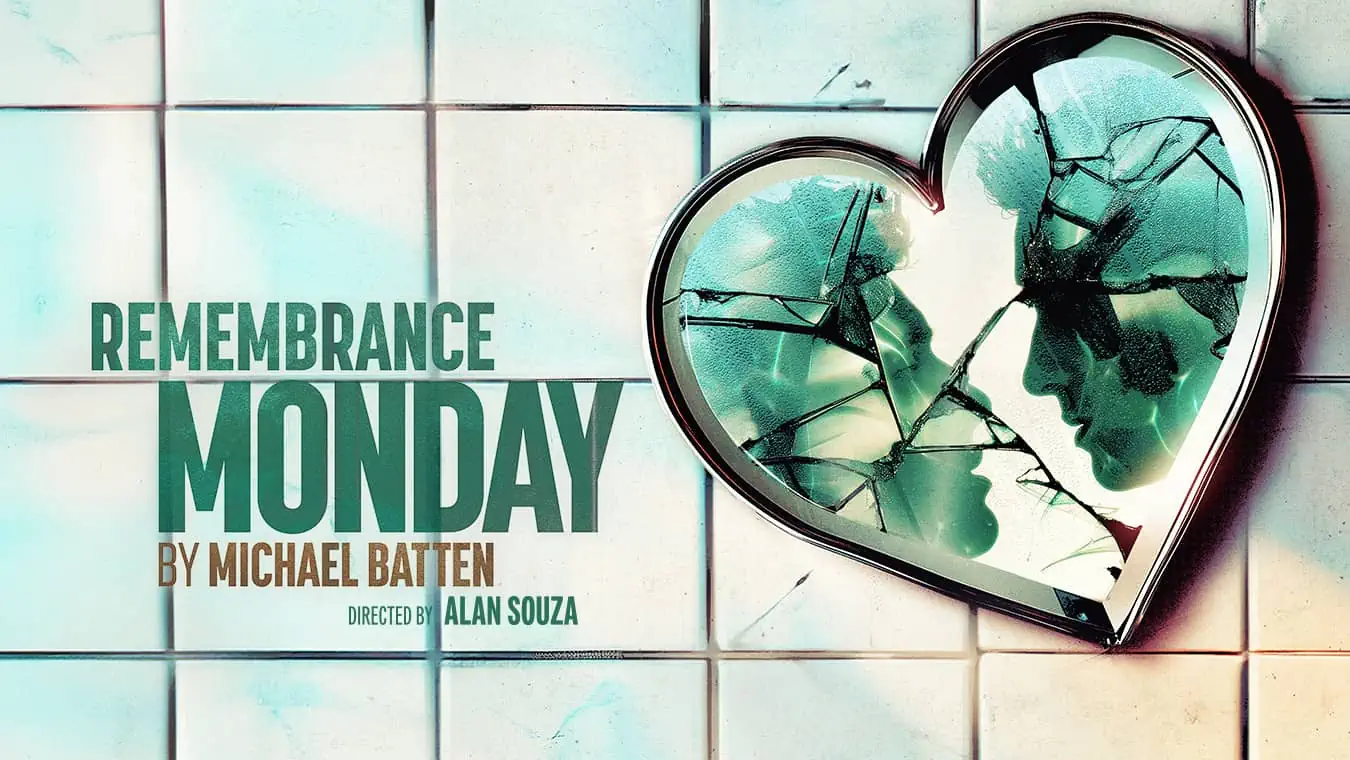Diagnosed HIV positive in May 1986, at the height of the AIDS epidemic, Spike Rhodes has been consciously open about his status from Day One.
Having spent five of those years with a T-cell count of only thirteen (normal count is over seven hundred) and overcoming several AIDS defining illnesses, Spike now lives a full and healthy life thanks to modern medical advances.
He has performed in, created and directed drag theatre companies on the scene for over thirty years – with two of those early companies being set up specifically to raise money for HIV charities – and today he leads celebrated drag theatre company, The Drama Queens. To tie in with World AIDS Day, Jason Reid spoke to Spike about living as an openly positive gay man, and the issues surrounding it…
‘Coming out’ as positive wasn’t something that Spike had to think twice about.
At a horrific time for the gay community, he was already visiting hospitals on a regular basis, watching on as close friends suffered. He told me: “When I got my diagnosis there was a lot of fear. It was a truly terrifying period. What I found was that people were scared of being open because it would usually mean, or they’d fear that, things would just fall apart: relationships, families.Nobody knew how to react. The only other openly positive person on the scene was Adrella. I thought by being open, too, it may hopefully help other people.”
Using his own status as a mechanism to support others has always been very important to Spike: “I’ve always wanted people to realise it doesn’t have to be a lonely place and we could all help each other through it. I never thought of myself as an advocate. I’ve always just been of the thinking that AIDS has rights. Just like any other section of society. But I was never banging a big old drum; I just said, if anyone wanted to talk to me about it they could. And that’s what happened.”
 That societal stigma that attaches itself to living openly positive is one that many people do have trouble dealing with – preventing them from disclosing their status to family, friends and possible partners. It is, if you will, one of the last great taboos, even today. “There were occasions where I felt as though I was under the spotlight.
That societal stigma that attaches itself to living openly positive is one that many people do have trouble dealing with – preventing them from disclosing their status to family, friends and possible partners. It is, if you will, one of the last great taboos, even today. “There were occasions where I felt as though I was under the spotlight.
For example, if I met a guy in a bar/club, it was always something I told them first. I wanted it out of the way. I felt that was my responsibility, not because I was going to have unsafe sex; I wanted to be honest with them. People’s reactions varied from the truly horrified to other positive guys thanking me and empathising. Those moments made all the rejections worthwhile.”
Thirty years on, and although the world has changed dramatically, Spike believes attitudes have been slower to change: “As controversial as it may sound, I disagree with the language the health agencies use at times. A HIV test should be something that people want to do. Especially so as an active gay man.
And sadly there are still a lot of people who don’t test, which is why the virus spreads. Ultimately, It comes down to education,” Spike says. “The governments over the years have let down the gay community and health agencies big time. The agencies can only do so much. If HIV and sex education is not taught at school level wide enough then the message can’t get out there. It upsets me when I hear of parents opting out of their children learning about it. They need to know. It’s part of the human psyche that I’ve never really understood.”
Living and coping with the physical and emotional effects of HIV is something that has changed, however, thanks to antiretroviral combination therapy and increased support. I asked Spike what his message would be, as someone who has gone through it all in the worst possible way and come out the other end, to the next generation of gay men.
He told me: “Love yourself, love your body and have a great deal of fun. It’s a fabulous scene out there. But always look after your body. Don’t be embarrassed or ashamed if you slip up one time. Go and see someone, get tested, and be reassured that they will not judge you. They will look after you. It’s the best policy to know your status.”












